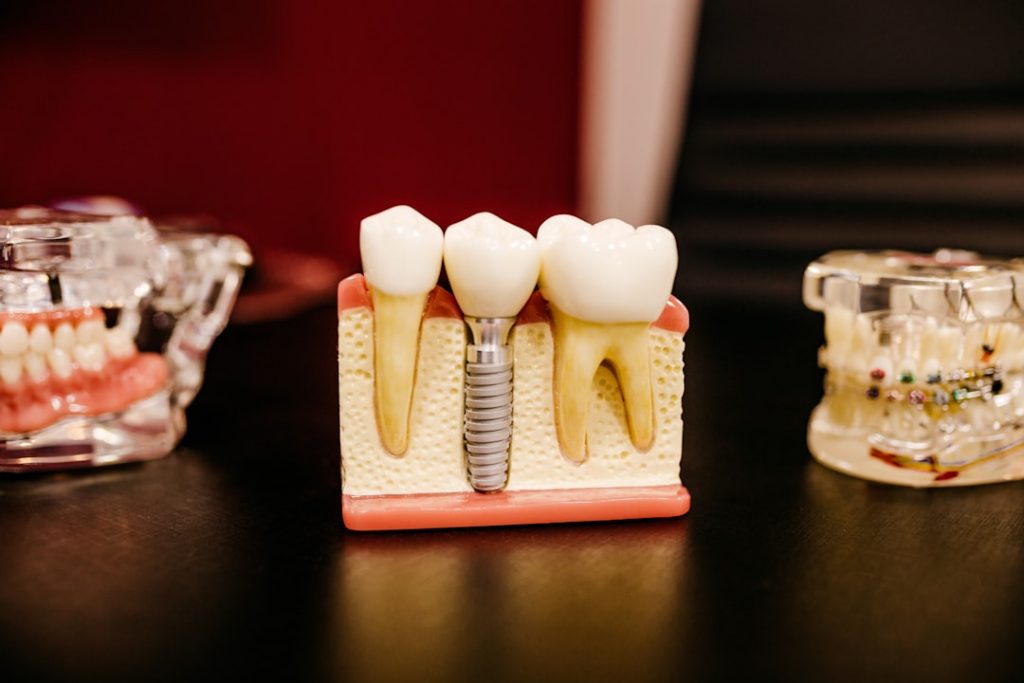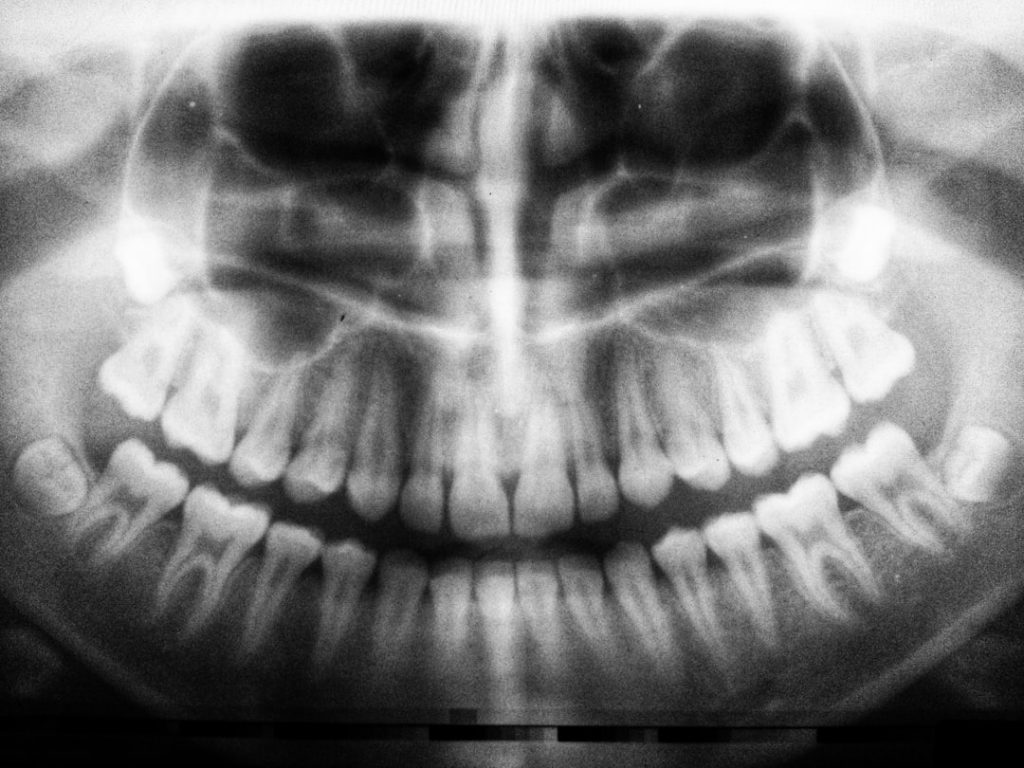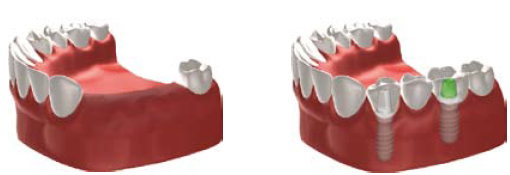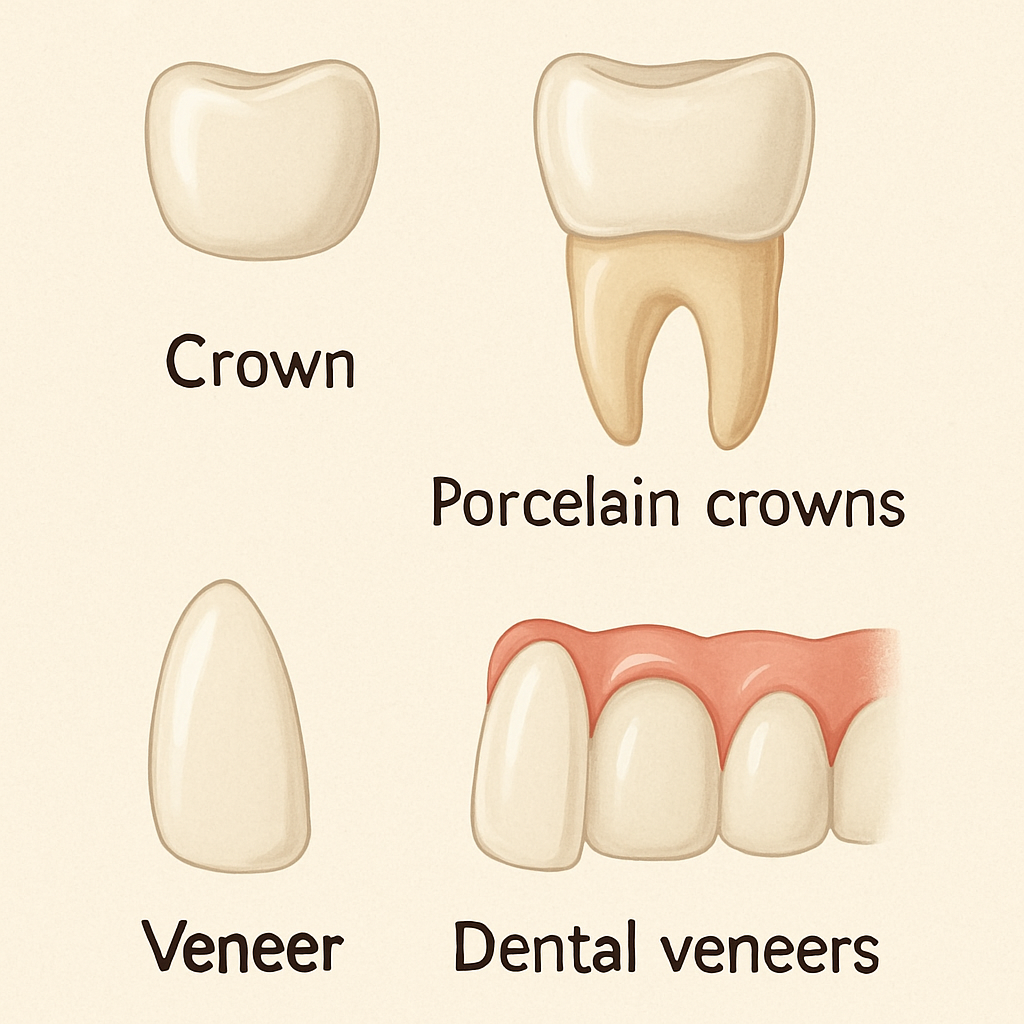Comparing dental implants cost in Australia
Dental implants are a popular solution for missing teeth in Australia. They offer a permanent, natural-looking replacement that can significantly improve oral health and quality of life.
However, the cost of dental implants can be a significant consideration for many individuals. It’s a substantial investment, and understanding the various factors that influence the cost is crucial.
In this article, we aim to provide a comprehensive guide to the costs associated with dental implants in Australia. We’ll delve into the average costs, compare prices across different regions, and explore the factors that can affect the overall cost.

Whether you’re considering dental implants as a solution for missing teeth, researching dental procedures and costs, or simply interested in the financial aspect of dental care, this guide is for you.
We’ll also discuss payment options, insurance coverage, and provide tips on how to potentially save on your dental implant procedure.
Our goal is to help you make an informed decision about dental implants. We believe that understanding the financial investment involved is a key part of this process.
So, let’s dive in and start comparing the cost of dental implants in Australia.
Understanding Dental Implants
Before we delve into the costs, it’s important to understand what dental implants are. Dental implants are a form of restorative dentistry that provides a permanent solution for missing teeth.
They consist of three main parts: the implant, the abutment, and the crown. The implant is a titanium post that is surgically placed into the jawbone. It acts as a root for the artificial tooth.

The abutment is a connector that is placed on top of the implant. It serves as a base for the crown. The crown is the visible part of the tooth that is custom-made to match your natural teeth.
What Are Dental Implants?
Dental implants are designed to mimic the function and appearance of natural teeth. They are surgically placed into the jawbone, where they fuse with the bone over time in a process known as osseointegration.
This process provides a stable foundation for the artificial tooth, ensuring it stays in place during eating and speaking. Unlike other tooth replacement options, dental implants do not require altering the surrounding teeth, preserving your overall oral health.
Dental implants are a versatile solution, suitable for replacing a single tooth, multiple teeth, or even a full arch of teeth.
The Benefits of Choosing Dental Implants
Choosing dental implants comes with several benefits. Firstly, they provide a natural look and feel. They are designed to blend seamlessly with your natural teeth, enhancing your smile and boosting your confidence.
Secondly, dental implants are durable and long-lasting. With proper care, they can last a lifetime, making them a cost-effective solution in the long run.
Finally, dental implants improve oral health. They prevent bone loss in the jaw, maintain the shape of your face, and allow for normal speech and eating. This contributes to a better quality of life and overall well-being.
Factors Influencing the Cost of Dental Implants in Australia
The cost of dental implants in Australia can vary widely. This is due to several factors that influence the final price. Understanding these factors can help you make an informed decision about your dental care.
Here are the main factors that influence the cost of dental implants:
- Type and number of implants
- Material choices: Titanium vs. Zirconia
- Geographic location and clinic overheads
- Dentist’s experience and expertise
Type and Number of Implants
The type and number of implants you need will significantly impact the cost. A single dental implant will cost less than multiple implants. Similarly, standard implants are generally more expensive than mini dental implants.
The complexity of your case also plays a role. For instance, replacing a front tooth may cost more than a molar due to the precision required for aesthetic reasons.
Material Choices: Titanium vs. Zirconia
The choice of material for your dental implants can also affect the cost. Titanium implants are the traditional choice, known for their durability and biocompatibility.
However, zirconia implants, often referred to as ceramic implants, have gained popularity. They offer a metal-free alternative with excellent aesthetic results but usually come at a higher price.
Geographic Location and Clinic Overheads
The cost of dental implants can also vary based on geographic location. Major cities like Sydney and Melbourne may have higher prices due to higher clinic overheads and living costs.
Rural or regional areas may offer lower prices, but it’s essential to consider travel costs and the availability of skilled implant dentists in these areas.
Dentist’s Experience and Expertise
The dentist’s experience and expertise can significantly influence the cost of dental implants. Highly experienced implant dentists may charge more for their services.
However, their expertise can lead to better results and fewer complications, which can save you money in the long run. It’s crucial to choose a dentist with a proven track record in dental implant procedures.
Breakdown of Dental Implants Costs in Australia
Understanding the cost of dental implants in Australia requires a detailed breakdown of the various components that contribute to the final price. These components include the implant itself, the abutment, the crown, and any additional procedures that may be necessary.
Here’s a closer look at these costs:
- Implant: This is the titanium or zirconia post that is surgically placed into the jawbone.
- Abutment: This is the connector that links the implant to the crown.
- Crown: This is the artificial tooth that is attached to the abutment.
- Additional procedures: These may include bone grafts, sinus lifts, or tooth extractions.
Average Cost of a Single Dental Implant
The average cost of a single dental implant in Australia can range from $3,000 to $6,500. This price includes the implant, abutment, and crown.
However, it’s important to note that this is a general estimate. The actual cost can vary based on the factors discussed earlier, such as the dentist’s experience and the geographic location.
Cost Variations for Multiple Dental Implants
When multiple dental implants are needed, the cost per implant can sometimes be lower. This is because some costs, such as imaging and planning, can be spread across multiple implants.
However, the total cost will still be higher due to the increased number of implants, abutments, and crowns required.
Full Mouth Reconstruction: All-on-4 and All-on-6
For patients needing a full mouth reconstruction, options like All-on-4 or All-on-6 can be more cost-effective. These procedures involve placing four or six implants to support a full arch of teeth.
The cost for All-on-4 can range from $15,000 to $30,000 per arch, while All-on-6 may cost between $30,000 and $40,000 per arch.

Additional Procedures: Bone Grafting, Sinus Lifts, and More
Additional procedures like bone grafting or sinus lifts can add to the cost of dental implants. These procedures are often necessary when there is insufficient bone to support the implant.
The cost of a bone graft can range from $200 to $3,000, while a sinus lift can cost between $1,500 and $5,000. These costs are usually separate from the implant cost and can significantly increase the total price.

Payment Options and Insurance Coverage
The cost of dental implants can be a significant investment. However, there are several payment options and insurance coverage plans that can help manage these costs.
Understanding these options can help you make an informed decision and ensure that you get the best value for your money.

Understanding Dental Insurance and Rebates
Dental insurance can help cover a portion of the cost of dental implants. However, coverage varies greatly depending on the insurance provider and the specific policy.
Some insurance plans may cover the cost of the implant surgery, but not the cost of the crown or abutment. Others may offer a rebate, which is a partial refund of the cost.
Financing Plans and Payment Schemes
Many dental clinics offer financing plans or payment schemes to help patients manage the cost of dental implants. These plans allow you to spread the cost over a period of time, making it more affordable.
However, it’s important to understand the terms and conditions of these plans, including any interest rates or fees, before signing up.
Out-of-Pocket Costs and Saving Tips
Even with insurance coverage and financing plans, there may still be out-of-pocket costs. These can include costs for consultations, imaging, and any additional procedures.
To save on these costs, consider comparing prices from different providers, asking about discounts for paying upfront, or seeking treatment at a dental school or training clinic.
Comparing Dental Implant Costs Across Major Australian Cities
The cost of dental implants can vary significantly across different cities in Australia. This is due to factors such as the cost of living, clinic overheads, and the level of competition among dental providers.
Price Range in Sydney, Melbourne, Brisbane, and Others
In Sydney, the cost of a single dental implant can range from $3,000 to $6,500. Melbourne, on the other hand, offers a slightly lower price range, with costs typically falling between $2,800 and $6,000.
Brisbane and Adelaide offer more affordable options, with prices ranging from $2,500 to $5,500 and $2,400 to $5,200 respectively. However, it’s important to note that these are average prices and the actual cost can vary depending on individual circumstances.
- Sydney: $3,000 – $6,500
- Melbourne: $2,800 – $6,000
- Brisbane: $2,500 – $5,500
- Adelaide: $2,400 – $5,200
Remember, the cost of dental implants is not the only factor to consider. The experience and qualifications of the dentist, the quality of the materials used, and the level of aftercare and support provided are all crucial factors to consider when choosing a dental provider.
Long-Term Value of Dental Implants
While the upfront cost of dental implants may seem high, it’s important to consider their long-term value. Dental implants are a permanent solution for missing teeth and, with proper care, can last a lifetime.
This longevity sets dental implants apart from other tooth replacement options. Dentures and bridges, for example, often need to be replaced every 5 to 10 years. This can result in higher long-term costs.
Cost-Effectiveness Over Time
When you factor in the durability and lifespan of dental implants, they can be a cost-effective choice over time. The initial investment can potentially save you money in the long run.
Moreover, dental implants can also save you from future dental issues. They help maintain jawbone health, prevent teeth shifting, and improve oral hygiene. These benefits can reduce the need for further dental treatments, saving you additional costs.
Maintenance and Aftercare Costs
The maintenance costs for dental implants are relatively low. Regular brushing, flossing, and dental check-ups are usually sufficient to keep them in good condition.
However, neglecting proper oral hygiene can lead to complications such as gum disease around the implant. This could result in additional treatments and costs. Therefore, investing time in daily care and regular dental visits is crucial to protect your investment in dental implants.
Conclusion: Making an Informed Decision
Understanding the cost of dental implants in Australia is crucial to making an informed decision about your oral health. It’s important to consider all factors, from the type and number of implants needed to the dentist’s experience and location.
Remember, while cost is a significant factor, it should not be the only one. The quality of care, materials used, and the dentist’s expertise are equally important. Always prioritize your health and long-term satisfaction over immediate cost savings. After all, dental implants are an investment in your smile, confidence, and overall quality of life.
FAQs About Dental Implants Cost in Australia
To help you navigate the financial aspect of dental implants, we’ve compiled answers to some frequently asked questions. These should provide you with a clearer understanding of the costs involved.
How can I find the best price for dental implants?
The best way to find competitive prices for dental implants is to request quotes from multiple dental clinics. Remember to consider the dentist’s experience, the quality of materials used, and the clinic’s reputation alongside the cost.
Are there any hidden costs I should be aware of?
Yes, there can be additional costs for procedures like bone grafting or sinus lifts if needed. Costs for initial consultations, imaging, and post-operative care may also be separate. Always ask for a detailed treatment plan to understand all potential costs.








